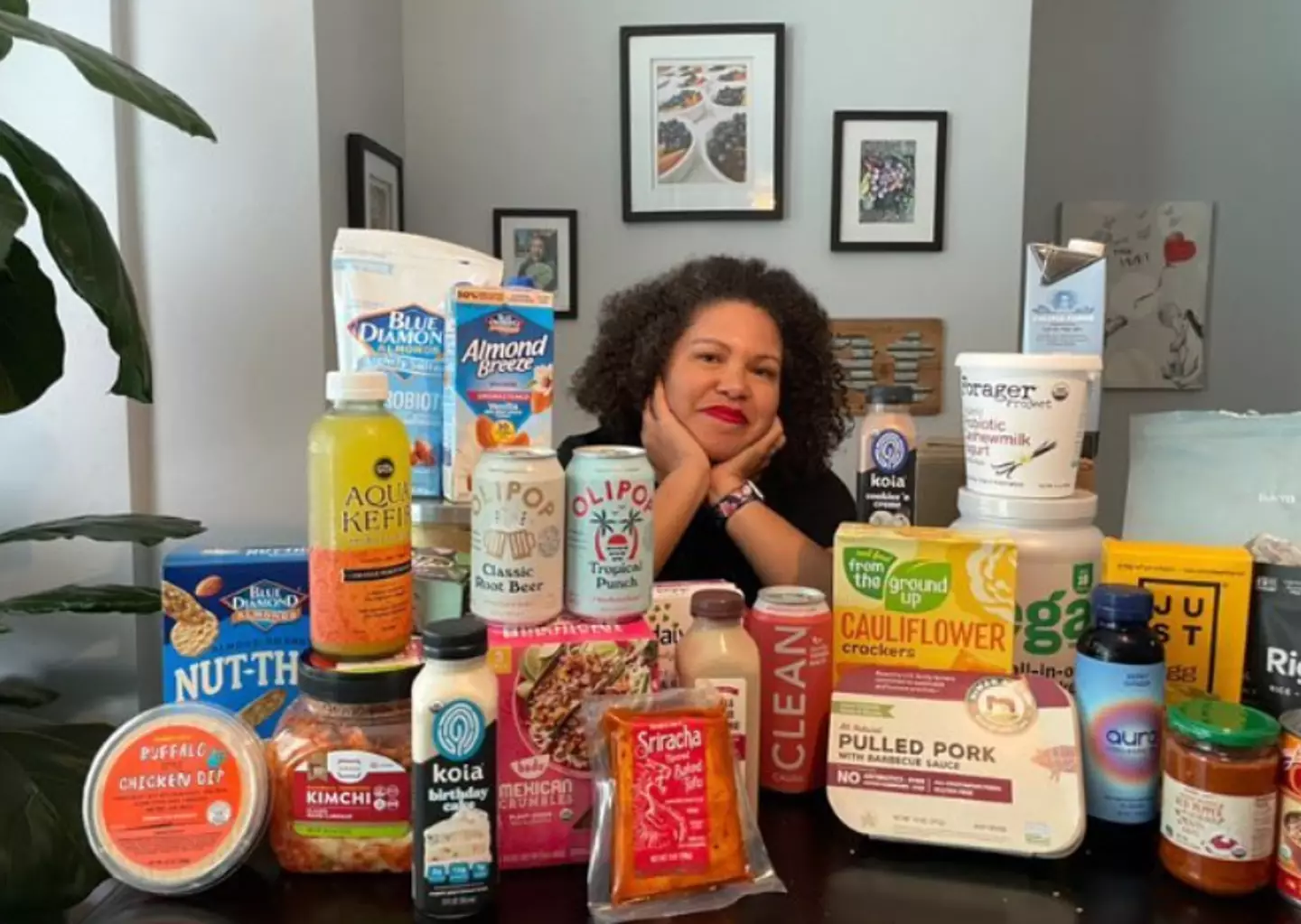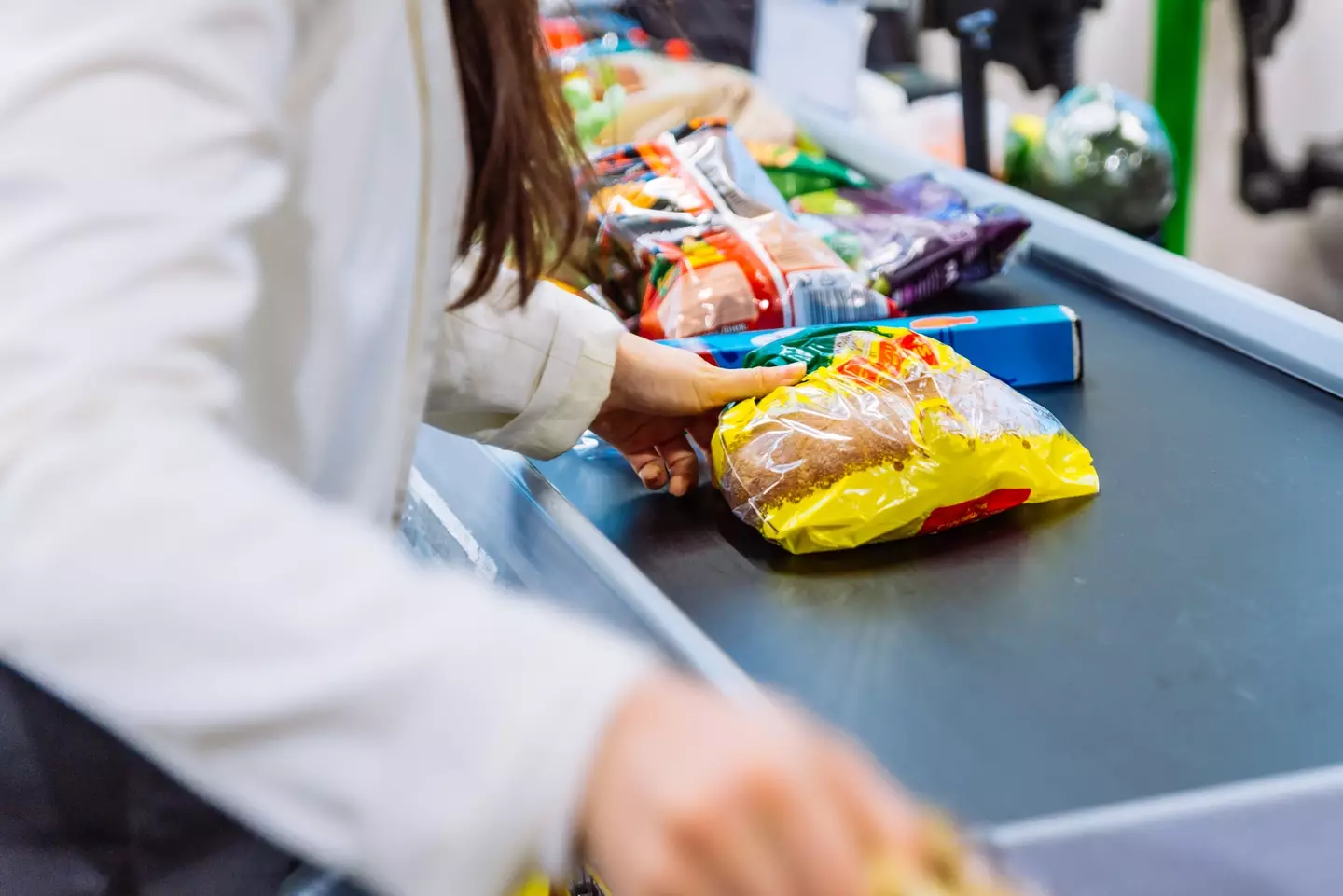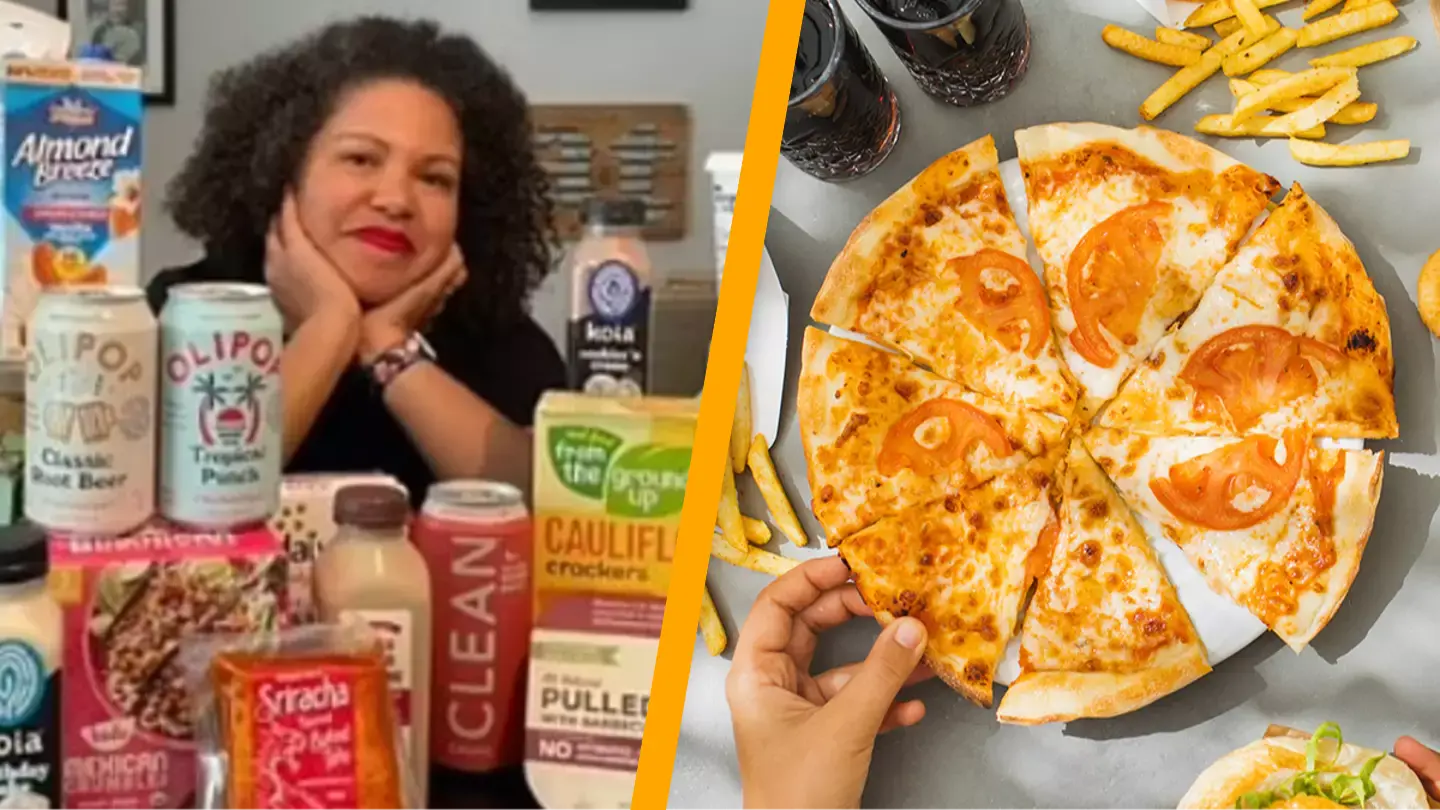This article discusses food habits and calorie counting, topics that may be distressing for some readers.
A dietician has shared her experience of subsisting on ultra-processed foods for an entire month.
Diet trends are ever-changing, with new targets such as ultra-processed foods often emerging. This constant shift can be challenging to follow and may have negative consequences for individuals with an unstable relationship with food, or those with limited dietary choices.
Dietician Jessica Wilson questioned why an ‘entire category of foods’ should be avoided. To explore this, she decided to consume at least 80 percent of her daily calories from ultra-processed foods for one month.
In response to Dr. Christoffer van Tulleken’s similar experiment, Wilson posted on Instagram, emphasizing that the strong stance against ultra-processed foods is ‘clearly about race, class, and access’.
“We have the same examples of ultra processed foods that we hear time and time again. It’s soda, it’s sugary cereals, it’s microwaveable meals, things that are easy and low cost to make,” she continued. “The criteria for what makes an ultra processed food is incomprehensible.”
To ‘make sense of these guidelines’ and investigate whether the demonization of ultra-processed foods is justified, Wilson followed a diet where ‘even more than 80 percent of [her] calories come from ultra-processed foods’, with assistance from a food engineer, highlighting that the issue is rooted in race, class elitism, and access.
What were the results?

TIME reports Wilson opted for soy chorizo instead of eggs as an example of an ultra-processed breakfast.
For lunch, she chose ready-to-eat tamales from Trader Joe’s instead of something like beans with avocado and hot sauce.
Her snacks included cashew-nut yogurt with jam, and dinners sometimes consisted of chicken sausages with vegetables and Tater-Tots or Costco pupusas.
After a month of consuming at least 80 percent ultra-processed foods daily, Wilson felt markedly different – but not in the way one might expect.

In an Instagram post, Wilson shared that she ‘surprisingly felt better’ after just ‘two weeks’ of the diet.
“At the end of my meal I have no idea what my hunger hormones were doing but it was great not to be hungry in an hour and to go longer periods without having to forage for food,” she said.
She believes she wasn’t ‘eating enough’ before starting her ultra-processed food diet.
Despite various studies linking high ultra-processed food intake to increased anxiety and depression, Wilson told TIME she felt less anxious and more energized, to the point where she didn’t need as much coffee.

Wilson pointed out that the definition of ‘ultra-processed food’ is still vague and inconsistent, making it difficult to label the entire category as ‘bad’.
There are conflicting studies on the health benefits and drawbacks of diets high in ultra-processed foods. Wilson encourages people to consider ‘the reasons a high UPF diet could be beneficial for someone living in late stage capitalism and the options out there outside of the stereotypical McDonald’s and soda?’
Kendra Chow, a registered dietitian and policy manager at the nonprofit World Cancer Research Fund International, agrees that the solution is not to ‘stigmatize a broad category of foods that also includes lower-cost, accessible options, especially without providing an alternative or improving access and affordability of healthy foods’. Dr. van Tulleken has also stated that a ban would not be practical, particularly for those with lower socio-economic status.
Wilson concluded: “I think the public deserves to have something other than scary stories about UPFs. You?”

